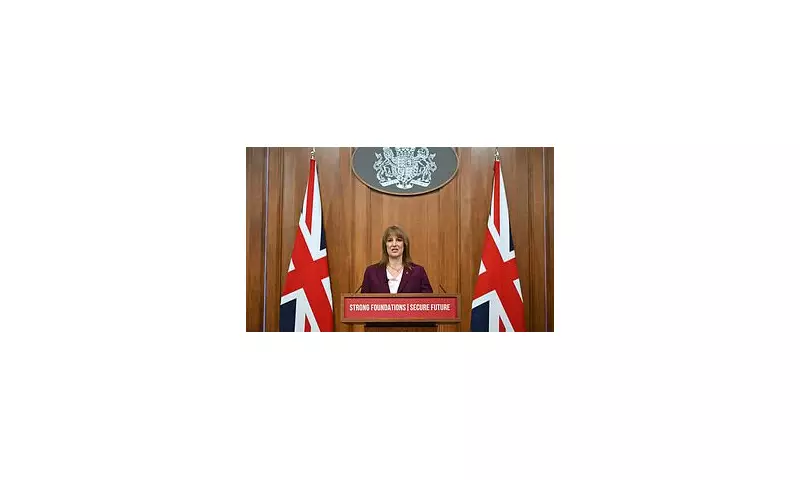
Labour's economic plans are facing significant internal turmoil as Shadow Chancellor Rachel Reeves issues a stark warning that upcoming Budget measures will impact working-class families alongside the wealthy, sparking concerns within party ranks.
Growing Rebellion Within Labour
The opposition party finds itself grappling with mounting dissent as MPs and members express alarm over potential tax policies that could disproportionately affect ordinary workers. The brewing conflict threatens to undermine Labour's carefully crafted economic message ahead of the next general election.
Reeves' Controversial Warning
In a move that has raised eyebrows across Westminster, Rachel Reeves has openly acknowledged that "it won't just be the rich who suffer" when Labour's fiscal plans are implemented. This candid admission marks a significant departure from traditional opposition rhetoric and suggests a more pragmatic approach to economic management.
The Blame Game Begins
Sources indicate that Labour leadership has prepared what insiders describe as a "laundry list of blame" targeting the Conservative government's economic legacy. The strategy appears designed to pre-empt criticism by highlighting the challenging fiscal inheritance any incoming Labour administration would face.
Political Fallout and Reactions
The revelation has triggered mixed responses from various factions within the party:
- Left-wing MPs express concern about abandoning traditional Labour values
- Moderates argue for economic realism in challenging times
- Union leaders demand protection for lower-income workers
- Frontbenchers attempt to maintain party unity amid growing tensions
Broader Implications
This internal conflict emerges at a critical juncture for Labour, which has been working to establish economic credibility while maintaining its traditional working-class support base. The timing could prove particularly challenging as the party seeks to present a united front against Rishi Sunak's government.
Political analysts suggest that how Labour navigates this growing tax policy revolt could significantly impact its electoral prospects and define the party's economic direction for years to come.






